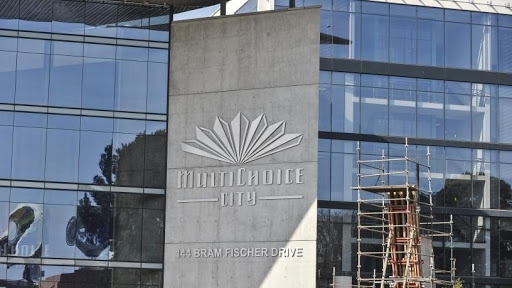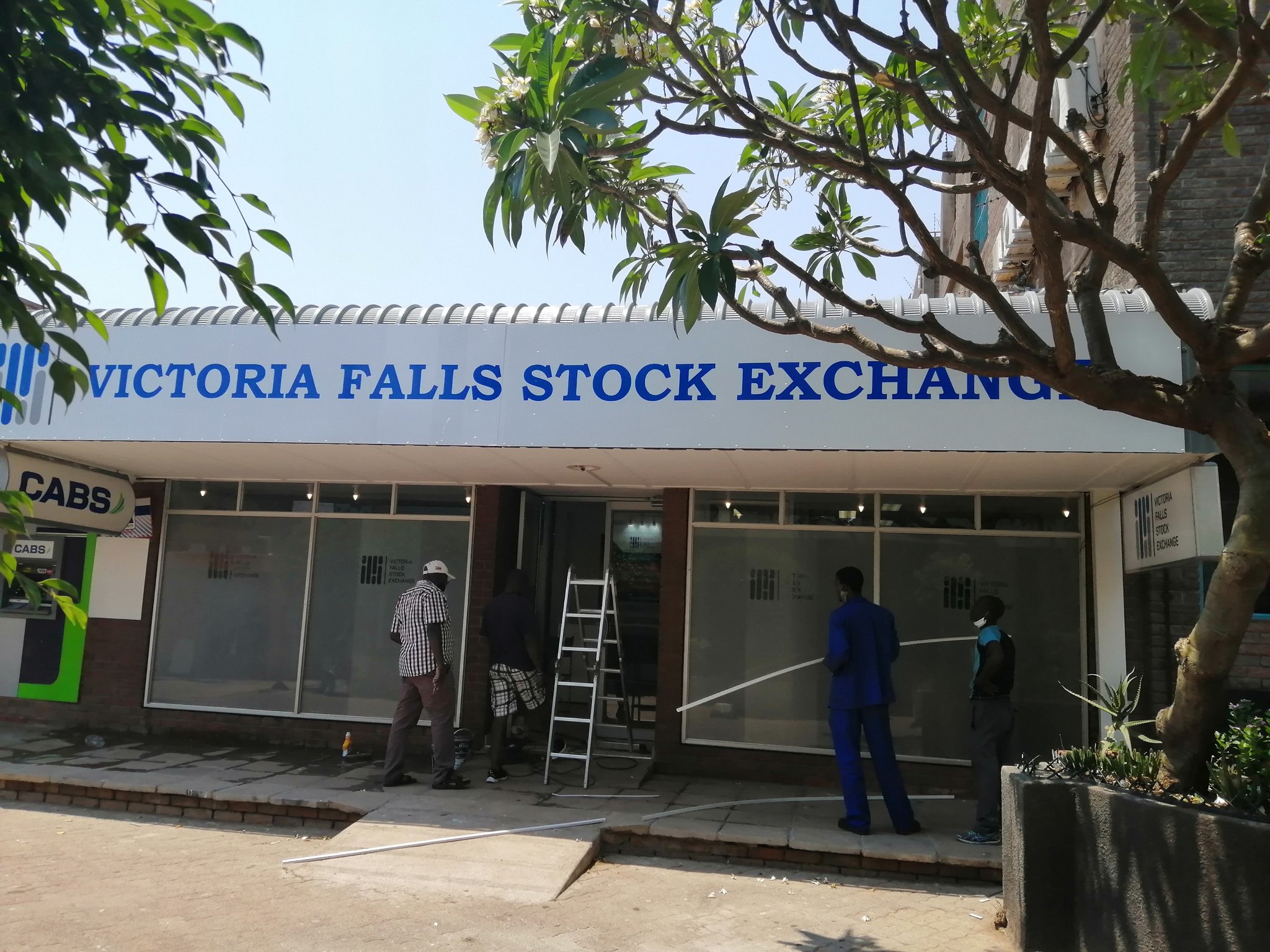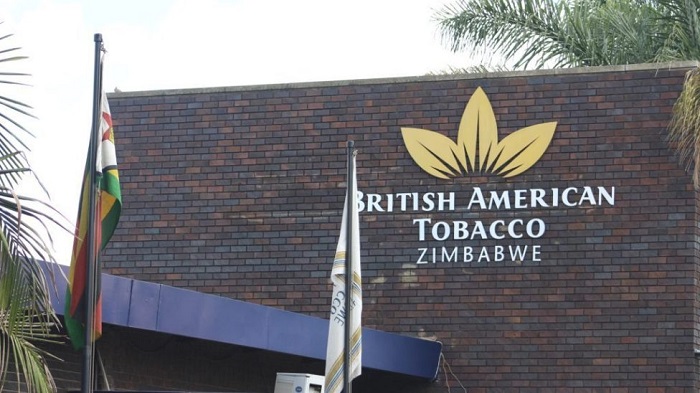Government drives Lupane infrastructure projects
MATABELELAND North provincial capital, Lupane, is experiencing a sustained rate of construction work mainly driven by the Government under its decentralisation thrust.
Decentralisation of services to provincial, district or even ward level is an ongoing process under the Government’s devolution drive meant to bring services closer to the people.
Lupane Town was granted Matabeleland North provincial capital status in 1999 but development has been sluggish mainly because of inadequate funding for infrastructural development.
However, the Second Republic has moved in with speed to complete key infrastructural projects that have stalled for years.
The completion of Elitsheni Government Complex and Lupane Provincial Hospital will inevitably trigger the need for more services and more civil servants will be based in the town.
Added to that, Lupane State University has already relocated some of its departments, giving impetus to the growth of the provincial capital and the need for accommodation.
To that end, the growth of Lupane has boosted the house construction sector with several entrepreneurs utilising the advantage.
Mrs Fikani Mahlangu, a rising entrepreneur in construction has staked her claim in the industry through brick moulding. Lupane district, she says, enjoys the status of being the provincial capital of Matabeleland North, which makes it a conducive environment for business especially brick-making where individuals and organisations are building properties.
“Demand for bricks is very high in Lupane. Since Lupane is a new town, individuals and businesses are constructing their houses and properties,” she told Business Chronicle.
Mrs Mahlangu set up FM Investments in 2015 to provide quality and affordable bricks for development projects being constructed around Lupane district.
Currently, with the assistance of two part-time workers, Mrs Mahlangu produces 3 000 to 3 500 bricks (blocks) and 5 000 standard bricks per month, respectively.
She envisages the figures to rise due to demand.
Her current market is not limited to Lupane but has clients in Hwange and Victoria Falls.
She procures sand and cement from other business ventures in Lupane. However, like any other business, she is having challenges in accessing modern equipment and funding.
“In terms of resources, materials such as sand and cement are not a challenge, I purchase from local hardware owners,” said Mrs Mahlangu.
“However, modern machinery is a challenge since my competitors now produce machine pressed bricks and I am using old model moulders.
“If I get machinery, I will produce more bricks since machines are much faster. This will save time and help in the increase of production.”
On funding, she said loans are difficult to secure from financial institutions, which demand business assets as collateral.
“I once applied for a loan but the money approved was reduced and was not enough for thepurchaseof machinery I required,” she added.
In April, speaking at the Young Women for ED Business Convention, President Mnangagwa promised to give women loans and open the doors for participation in any sector of the economy.
He said the Government stands ready to bolster women’s efforts by facilitating access to the requisite means of production.
“Your role in our nation’s quest to modernise, industrialise and realise the sustainable growth of our economy is invaluable. Rest assured that the Second Republic will continue to avail broad, inclusive opportunities and support to you all,” said President Mnangagwa.
President Mnangagwa
Mrs Mahlangu said being a woman in a male-dominated sector presents its challenges.
“There is that stigma that men have better products than yours but am striving to provide my customers with the best service,” she said.
To upgrade her business acumen, she received training from the Ministry of Small and Medium Enterprises and Cooperative Development and Zimbabwe Campaign for Female Education (CAMFED).
Through brick molding, she also aims not only at improving her family’s standard of living but also to support the surrounding communities by creating employment, developing the community, and supporting orphans and vulnerable children. — The Chronicle









